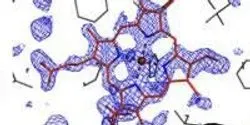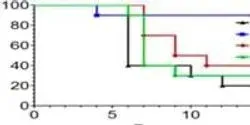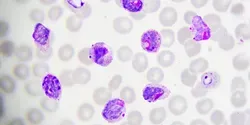Disease Treatment

Inspired by 1970s method, Stanford scientists find a way to go back and improve past scientific results.

Antibodies are specific molecules that can lock onto a particular cellular structure to start, stop or otherwise temper a biological process. Because they are so specific, antibodies are at the forefront of drug discovery. So drug companies want a faster route to step one: identifying which of the millions of possible antibodies will work against molecules that cause disease.

A newly developed spectroscopy method is helping to clarify the poorly understood molecular process by which an anti-HIV drug induces lethal mutations in the virus’ genetic material. The findings from the University of Chicago and the Massachusetts Institute of Technology could bolster efforts to develop the next generation of anti-viral treatments.
















